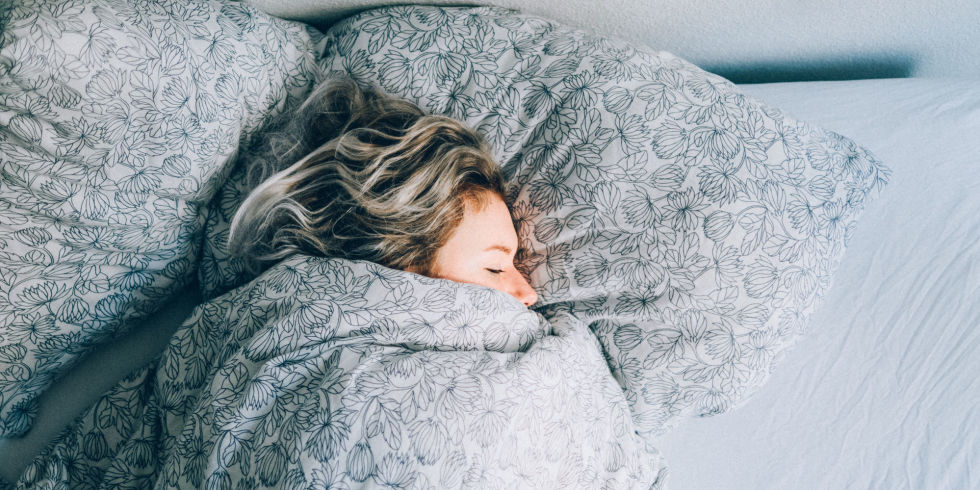A good night’s sleep can go a long way, but there are a whole multitude of things standing in the way between you and a full night of slumber. From what you eat to the timings of your last coffee, everything has an impact, including your career.
According to new research by Hillarys, the average amount of sleep you get a night heavily varies depending on your job, with healthcare professionals getting the least amount of rest (approximately 4 hours 15 minutes), while those in the hair and beauty industry get more than double that (with an average of 9 hours and 40 minutes sleep per night).
Researchers then asked respondents how much sleep they get on average in a night – and the results might surprise you.
The following five industries were revealed to be those that receive the least amount of sleep:
- Healthcare – 4 hours 15 minutes
- Law enforcement – 4 hours 30 minutes
- Teaching – 4 hours 35 minutes
- Journalists – 4 hours 50 minutes
- Hospitality – 5 hours
In contrast, these are the five industries to work in if you want the most amount of sleep:
- Hair and beauty – 9 hours 40 minutes
- Telemarketers – 8 hours 45 minutes
- Insurance – 8 hours 20 minutes
- Retail – 8 hours 15 minutes
- Construction – 8 hours 10 minutes
All respondents said that stress (44 per cent) and a high caffeine consumption (19 per cent) were the most common factors keeping them up at night, with more than half feeling like they had an issue with their health because of their sleeping pattern.
Surprisingly, despite people feeling like their health was suffering as a result, only one fifth said they had made an effort to improve their nightly routine, such as changing their diet, trying yoga, speaking to their manager at work or using sleeping aids.












